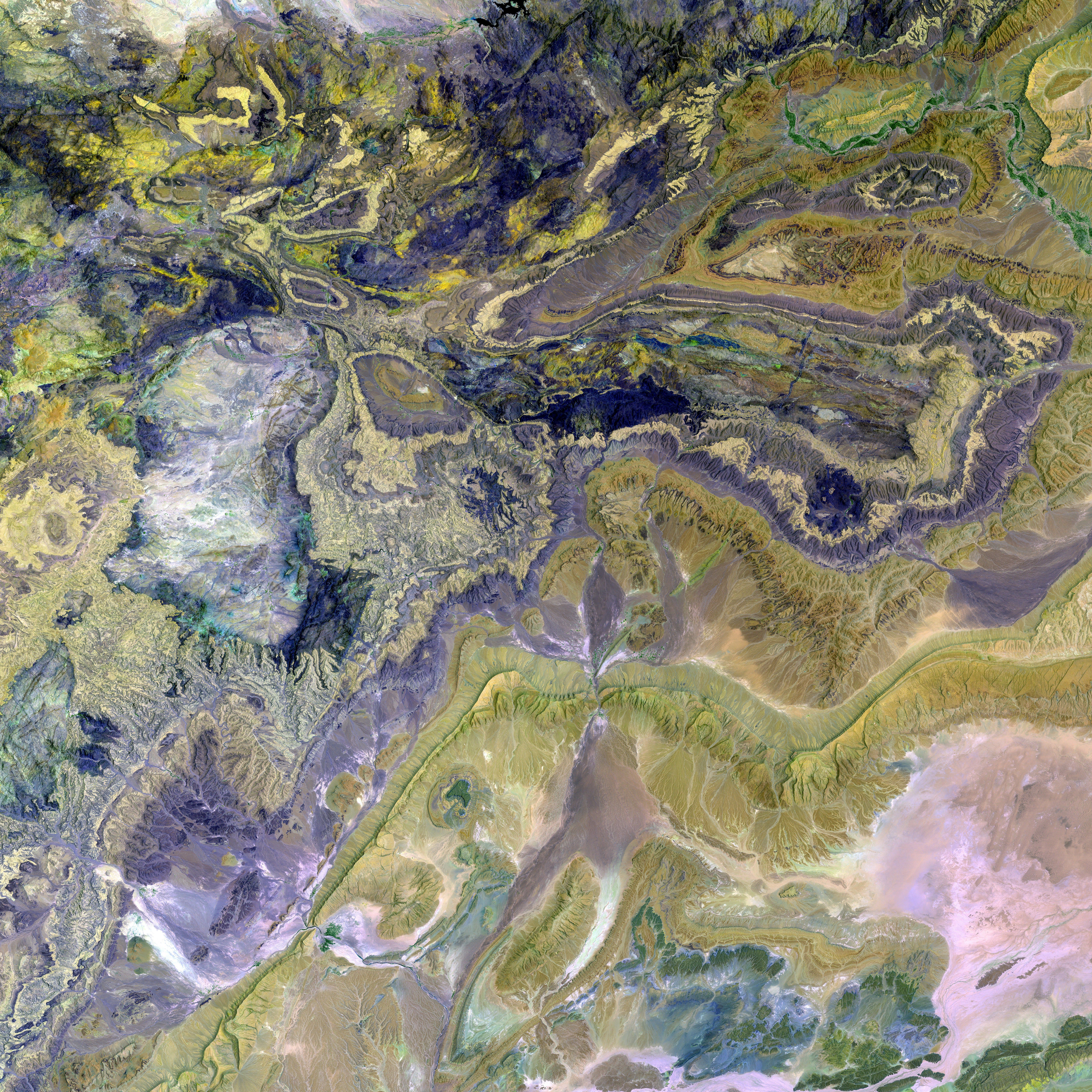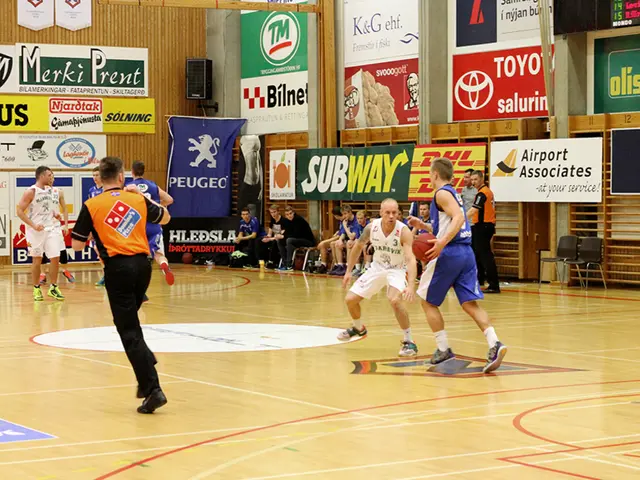FIFA Scandal: A Decade After the Court Heads' Arrest, Clientelism Pervades Rather Than Corruption in the Old Way
May 27, 2015, marked a significant and tumultuous day in the football world. Seven senior FIFA officials, including two vice-presidents, were arrested in Zurich, preceding FIFA's annual congress. The arrests, referred to as "FIFAgate," plunged the international football community into a corruption scandal.
The Swiss police detained the officials at the Baur au Lac hotel near Lake Zurich. The arrests were initiated at the behest of American authorities who targeted fourteen individuals, including nine associate members of FIFA. The officials are alleged to have been engaged in illegal activities such as racketeering, fraud, and money laundering, with the Department of Justice (DOJ) focusing on approximately $150 million in bribes received since 1991. These bribes were reportedly given to the accused individuals in exchange for the media and marketing rights for competitions held in the United States and South America.
In addition to the arrests at the hotel, a search was conducted at FIFA's Zurich headquarters. The investigation was part of a probe led by the Swiss Federal Public Prosecutor's Office (MPC) into the controversial awarding of the 2022 men's World Cup to Qatar. This revelation came just two days before the FIFA congress.
The scandal resulted in a series of investigations and legal proceedings, including the indictment of 42 football and sports marketing executives by U.S. prosecutors. The scandal prompted significant reforms within FIFA, with a focus on transparency and accountability within the organization. Although some high-profile figures, such as former UEFA President Michel Platini and former FIFA President Joseph Blatter, were initially implicated, they were later acquitted of corruption charges.
The awarding of the 2022 World Cup to Qatar was met with criticism over allegations of corruption and concerns about the country's human rights record. The bid process was shrouded in controversy, with Qatar facing intense scrutiny regarding its ability to host the tournament successfully. Despite this, the tournament was held in Qatar as planned in 2022.
While the legal proceedings and acquittals of certain figures have left some questions unanswered, the FIFA corruption scandal of 2015 remains a pivotal moment in the history of sports governance. It underscored the importance of transparency and accountability in the world of football, ultimately leading to significant reforms across the organization.
- The investigation into the controversial awarding of the 2022 World Cup to Qatar was part of the probe initiated by the Swiss Federal Public Prosecutor's Office (MPC), following the arrests of seven FIFA officials on May 27, 2015, in Zurich.
- The arrests, referred to as "FIFAgate," involved individuals alleged to have been engaged in illegal activities such as racketeering, fraud, and money laundering, with the Department of Justice (DOJ) focusing on approximately $150 million in bribes received since 1991.
- In addition to the indictment of 42 football and sports marketing executives by U.S. prosecutors, the FIFA corruption scandal of 2015 prompted significant reforms within FIFA, with a focus on transparency and accountability within the organization.








